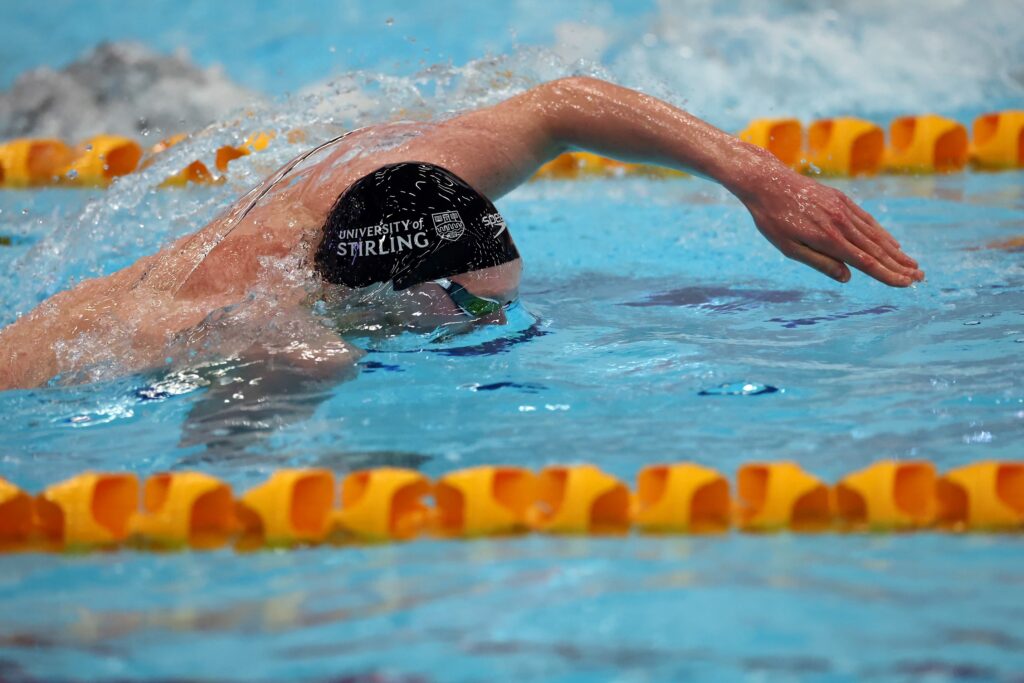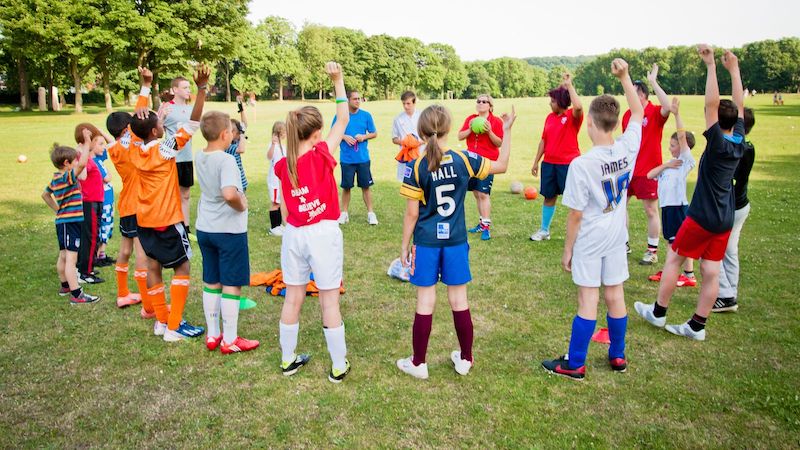Calls to recognise the importance of sport and physical activity in building better communities must be heeded, the chief executive of Sported has insisted.
It falls on the International Day of Sport for Development and Peace (Thursday April 6) which also marks the first anniversary of the #OpenGoal framework – co-ordinated by the 250 members of the UK’s Sport for Development Coalition – to support national policies aimed at levelling up communities and tackling deep-seated inequalities.
Sported’s 3,000 member groups are vital cogs in an ecosystem that provides young people with opportunities to thrive in a supportive and safe environment and where sport is a tool to provide them with an equal chance to fulfil their full potential.

And Nicola Walker, chief executive of Sported, has called on government and other partners to offer that work even more support.
“Sport helps to develop our communities by tackling inequalities and building a fairer society,” Walker said. “Every pound invested generates six pounds as a return on investment through improving physical and mental well-being and it improves the lives of those facing disadvantage and discrimination.
“Our grassroots clubs deliver positive spinoffs in areas such as increasing educational attainment, crime prevention and the ability to secure employment.
“£100 million was ringfenced in the UK Treasury’s recent Budget to support community groups and charities. We call on government to make those delivering sport and physical activity a priority in distributing the funds – and for the Scottish, Welsh and Northern Irish governments to divert their consequential funding towards this vital and difference-making area.”
Even those who reach the pinnacle of sport have started at the community level and understand the benefits that it delivers in developing young people for the challenges that await them.

And Olympic swimming gold medallists Adam Peaty and Duncan Scott are among many who openly support what that diversion brings.
World 100m breaststroke record holder Adam Peaty, who started his career when he joined Dove Valley Swimming Club in Uttoxeter when he was nine, said: “Sport is incredibly powerful. For one, your mental health. Your physical health, your spirit, just keeping it alive every single day, going for it. It’s time to decompress.
“And it’s a great skill and a great place to learn leadership, working with others, and controlling your emotion.
“Sport offers so much. As soon as you take that sport and that investment in sport away, you’re going to be paying that in other ways: people’s health, the NHS, people’s mental health. So you might as well make the investment now.”
Scott, who began at Alloa Swimming Club before claiming a UK record four medals at the Tokyo 2020 Olympics, has been vocal in Scottish Swimming’s Save Our Pools campaign that won extra Treasury support in March.
But he said: “We need to speak about centres as a whole. Whether that’s badminton clubs, sports, squash clubs, you know, martial arts, the list goes on. The socialising at a young age is so important.
“And if that next generation misses that out, it’s only a life skill like learning to swim that they can be missing, it’s how they develop later on with that key ingredient missing from their childhood.”

The Sport for Development Coalition, of which Sported is an active member, is advocating for recognition for sport’s extraordinary impact across five principal outcome areas:
- Improved health and wellbeing;
- Closing the gap in education and development;
- Increased employability and skills;
- Reduced crime and anti-social behaviour;
- Stronger communities and social cohesion.
Research by the Coalition, of which Sported is an active member, shows that a young person being part of a sport for development programme is worth at least £2,500 per annum to society. In communities facing the greatest disadvantage and deprivation, that value is often much greater and sport for development can play a role to help stem spiralling public expenditure.
The Coalition is calling for relevant funding from across Government to be ring-fenced to support proven sport-based interventions, since a single programme can support multiple health and societal outcomes.
Hitesh Patel, Executive Director of the Coalition, said: “Since the Coalition launched its Open Goal framework last April, sport in all its forms has featured prominently in the UK – from the Lionesses’ Euro 2022 victory to the hosting of the Birmingham Commonwealth Games and the Rugby League World Cup tournaments.
“While the sector keenly awaits a new Government-wide sport strategy this year, it has been heartening to already see an acknowledgement of how sport and physical activity – much of it delivered by the Coalition’s member organisations – can positively impact and support a wider Government agenda, such as the new funding we’ve recently seen made available for school sport, swimming pools and the Youth Justice Sports Fund.
“We’ve achieved a lot by working effectively with our members and partners over the last 12 months and this gives the Coalition a solid foundation on which to build over the coming year.”
